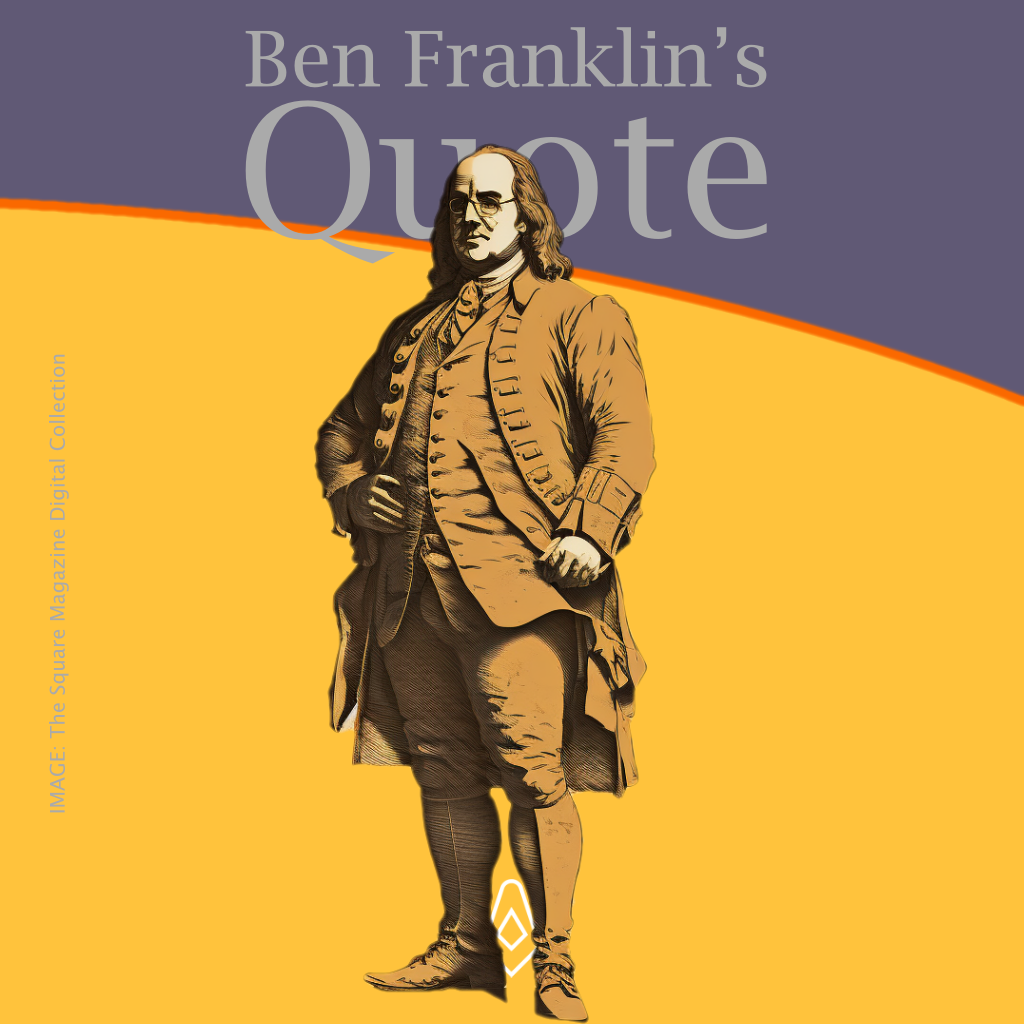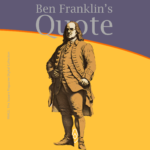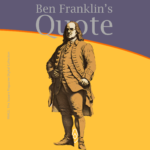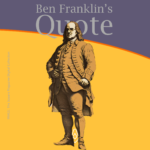Be slow in choosing a friend, slower in changing
The quote is a wise piece of advice that emphasizes the importance of taking care and thought when it comes to selecting and maintaining friendships. The first part, “Be slow in choosing a friend,” suggests that we should not rush into making friends. We should take the time to get to know people, understand their values and beliefs, and see how they treat others before committing to a friendship.
The second part, “slower in changing,” advises that we should think carefully before ending a friendship. Friendships are valuable and should not be taken lightly. Just because a friendship may be going through a rough patch or we may disagree on something, it doesn’t mean that the friendship is over. We should take the time to communicate, understand, and work through any issues before making the decision to end a friendship.
A parable that illustrates this concept in a magical story

Prince Fenris and Rollo
Once upon a time, in a magical kingdom, there lived an old master Ben, who was known for his wisdom and knowledge. He had a young apprentice Kia, who was eager to learn everything he could from his old master.
One day, Kia asked his old master, “What is the most important thing I should know about life?”
Old Ben thought for a moment and then replied, “Be slow in choosing a friend, slower in changing.”
Kia was confused. “What does that mean?” he asked.
Old Ben smiled and began to tell Kia a story. “Long ago, in this very kingdom, there lived a brave and noble prince, Fenris. Prince Fenris had many friends, but he was always looking for the perfect companion to join him on his adventures.
Prince Fenris met many people, but he was always in a hurry to make friends. He would quickly become friends with anyone who seemed interesting or fun. But he soon realized that many of these friends were not trustworthy or loyal.
One day, prince Fenris met Rollo, a young knight who was different from all the others. Rollo was kind and brave, and prince Fenris could see that he was a true friend. Prince Fenris was slow in choosing this friend, but he knew that he was the right one.
Prince Fenris and Rollo went on many adventures together and their friendship grew stronger with each passing day. The prince knew that he had made the right choice and that Rollo was a true friend.
But one day, Rollo did something that prince Fenris did not agree with. The prince was angry and hurt, and he wanted to end their friendship. Prince Fenris was tempted to change his friend quickly, but he remembered his old master’s words, “Be slow in choosing a friend, slower in changing.”
Prince Fenris took the time to talk to Rollo and understand why he had acted the way he did. Soon the prince realized that Rollohad made a mistake, but he was still a true friend.
Prince Fenris forgave Rollo for his mistake and their friendship was stronger than ever. From that day on, prince Fenris was always slow in choosing new friends and even slower in changing them. He knew that true friends were rare and precious, and the prince was grateful to have one by his side.
Kia listened to his old master’s story and understood the wisdom in his words. He knew that he too, should be slow in choosing friends and slower in changing them. He thanked his old master for his guidance and vowed to always remember the lessons he had learned.
And so, as Kia went on his own journey in life, making new friends and learning about the world. He met many people, but he was always careful to choose the right ones. And when Kia faced challenges with his friends, he remembered his old master’s words and worked through them together, building strong and lasting friendships.
The End
The moral of the story is that true friends are rare and precious. We should be slow in choosing them and slower in changing them. And when faced with challenges, we should work through them together, building strong and lasting friendships.
Extract from the book; Master Ben and Kia the Young Apprentice: A book on moral values inspired by Ben Franklin – Volume 3

5 book series
Master Ben and Kia the Young Apprentice:
A book on moral values
inspired by Ben Franklin
Introducing "Master Ben and Kia the young apprentice: A Collection of Moral Parables for Young Readers" - a heart-warming and imaginative children's book that teaches essential life lessons inspired by the great Ben Franklin himself.
Perfect for young readers aged 9 to 12, this captivating collection of short parables takes place in a fantastical kingdom, where an old master named Ben takes on Kia, his young and curious apprentice. Together, they embark on a journey filled with adventure and discovery, as they explore the importance of honesty, kindness, hard work, and many other virtues.
As the charming tales unfold, readers will be transported to a magical kingdom, all while gaining a deeper understanding of what it means to be a good person. With each page turn, children will be delighted and captivated by the timeless wisdom that old Ben imparts.
Don't miss your chance to give your child the gift of wisdom and wonder with "Master Ben and Kia the young apprentice".
Add it to your cart today and make every story time a journey of discovery!
Recent Articles: in this series
masonic knowledge
to be a better citizen of the world
share the square with two brothers

click image to open email app on mobile device













